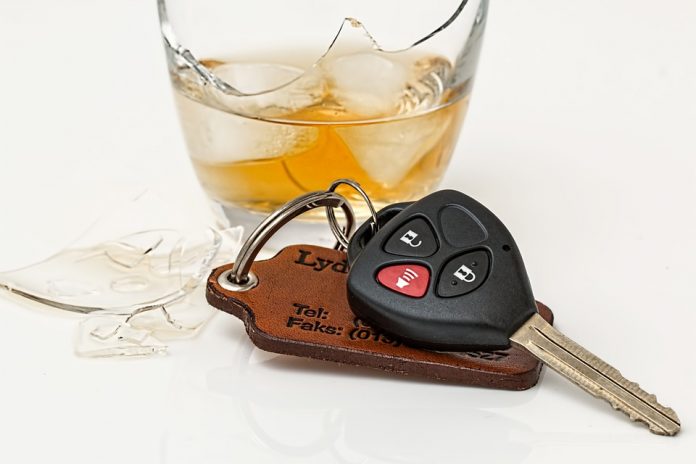The Manitoba government has introduced amendments to The Highway Traffic Act that would adopt more serious sanctions for drunk drivers while keeping more police on Manitoba’s roads, Justice Minister Cliff Cullen announced today.
“There are still too many people who haven’t gotten the message about drunk driving and they are taking the lives of too many Manitobans,” said Cullen. “Our government is sending a message to all Manitobans with our immediate roadside prohibition legislation – if you drink and drive, you will lose your licence, you will lose your vehicle and you will lose a lot of money.”
Under the proposed new law, drivers under the influence of alcohol who register a ‘warn’ on an approved screening device, suggesting a blood alcohol content (BAC) of between .05 and .08 would face a new monetary penalty of at least $200 for a first offence, escalating to at least $400 for a third or subsequent offence, to be established by regulation. They would also face a vehicle impoundment of between three days for a first offence and 30 days for a third or subsequent offence. Those drivers caught a third or subsequent time would also be required to drive with an ignition interlock for a year. These new sanctions would be on top of existing licence suspensions and other sanctions for ‘warn’ range drivers.
For first time drunk drivers that register a ‘fail’ on an approved screening device, which indicates a BAC over .08, who cause no bodily injury or death, police would have the discretion to impose a new monetary penalty of at least $500 as well as a mandatory ignition interlock of one year rather than proceeding with a criminal charge. The new sanctions would be comparable to those applied post-conviction and would be applied on top of the existing pre-conviction 90-day licence suspension, 30-day vehicle impoundment and mandatory Addictions Foundation of Manitoba assessment or remedial program required for all first-time drunk drivers with a BAC over .08 on a breathalyzer test.
Adding up all the administrative sanctions and penalties, the minimum cost for a ‘warn’ range driver would be $2,600 for a first offence to about $3,200 for a third or subsequent offence. The minimum cost for a ‘fail’ would be over $3,300. All monetary penalties would be established by regulation.
Under the new approach, testing could take as little as six minutes, which is significantly less than the time required to administer a breathalyzer and process a drunk driver criminally, which is often up to four hours. As a result, police officers would get back on the road sooner, allowing them to catch more drunk drivers.
Once proclaimed, the legislation would be accompanied by a provincewide public education campaign by Manitoba Public Insurance, further emphasizing the new costs and consequences of driving drunk.
In 2017, 73 people were killed and 442 were seriously injured in traffic collisions in Manitoba. Drunk driving accounted for 32 per cent of those killed and six per cent of those injured. Already this year, 28 people have lost their lives because of a drunk driver.
This new Immediate Roadside Prohibition approach to drunk driving was implemented in British Columbia in 2010. Since then, alcohol-related motor vehicle fatalities have decreased by 50 per cent and injuries have decreased by nearly 25 per cent. The British Columbia model is strongly supported by Mothers Against Drunk Driving Canada.










